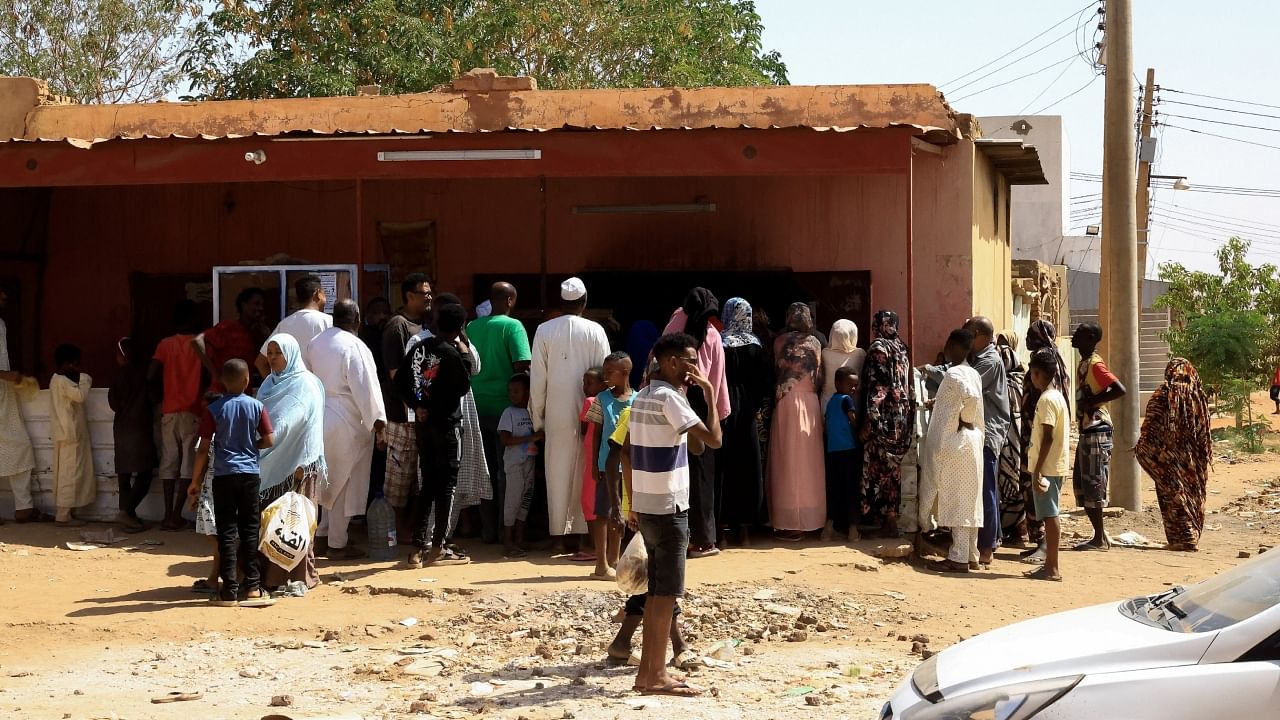
On April 18, Congress veteran and Leader of Opposition in the Karnataka Assembly, Siddaramiah urged the Ministry of External Affairs and Prime Minister’s Office to ensure that members of the Hakka Pikki tribe, stranded in Sudan amid an outbreak of political violence, receive all the assistance they need and demanded that the government ensure their safe return back home.
More than 180 members of the tribe found themselves stranded in the African country after violence erupted following weeks of deepening tensions between Sudan’s military leader Abdel Fattah al-Burhan and his deputy, paramilitary commander Mohamed Hamdan Daglo.
But who are the Hakki Pikki and how did they reach Sudan?
The Hakki Pikki are a semi-nomadic tribe that live in forested areas in southern and western India. In the Kannada language, ‘Hakki’ translates to ‘bird’ and ‘Pikki’ to ‘catchers’, a very literal name for a tribe of bird catchers and hunters. As per the last census conducted in 2011, the tribe has a population of 11,892 in Karnataka and is found particularly in Davangere, Mysuru, Kolar, Hassan, and Shivmogga districts.
Speaking to The Indian Express, M R Gangadhar, an anthropologist who has studied the tribe and serves as the Vice Chancellor of Chamarajanagar University, said, “The Hakki Pikki move in groups from place to place in search of livelihood. They are divided into four clans, called Gujaratia, Panwar, Kaliwala and Mewaras. These clans can be equated with castes in traditional Hindu society. In the olden days, there was a hierarchy among the clans, with the Gujaratia at the top and the Mewaras at the bottom. The forest is the main natural resource of the Hakki Pikki.”
P S Nanjunda Swamy, state president of the Karnataka Adivasi Budakattu Hakki Pikki Jananga, told The Indian Express that the tribe abandoned exclusively living in the forests in the 1950s, moving to villages instead as wildlife laws became stricter. “Earlier, we killed animals to make a living. But then some of our community members were booked and jailed under wildlife laws. So we shifted to selling herbal oils and other materials in villages and towns,” he told the publication.
The tribe’s traditional knowledge of plant medicine and herbal oils found acceptance in the African continent, where local tribes have their own indigenous medicine and where there is a demand for non-western forms of healing. “Elders who travelled abroad had told us about the business potential of (our traditional medicines and oils in) Africa and we thought we could try our luck,” Prabhu Dass, a member of the tribe stranded in El Fashir, the capital of Sudan’s North Darfur state, told The Hindu. He added, “Many parts of Sudan do not have hospitals and our herbal solutions became well known here in El Fashir. It was a good opportunity to earn a few lakhs that we could never even imagine back home”.
Finding themselves stranded now, a member of the tribe told the publication, “We have no food or water, and our homes here are being shot at. We urge the government to take us back or shift us to safety in neighbouring Chad or Ethiopia.”